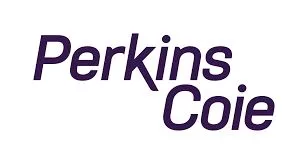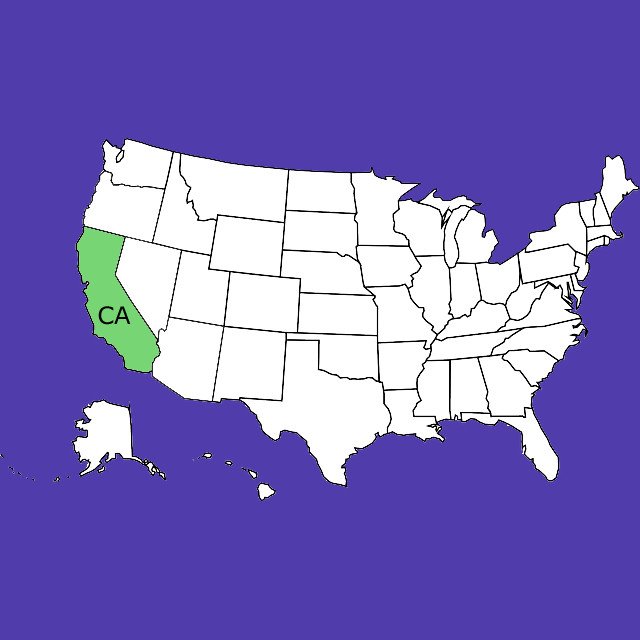
Published at the Mondaq Platform
Earlier this month, California legislators passed a law, AB 45, aimed at providing guardrails for an expanded consumer marketplace for products containing hemp and hemp-derived cannabidiol (CBD) in California. Given that the bill will take effect immediately following Governor Newsom’s signature, cannabis businesses, and businesses looking to add hemp to their products, should take note of the new law. With the new law’s passage, many hemp-derived CBD products will be able to enter the market legally in California. Here are five key takeaways from AB 45 for the cannabis industry.
- Hemp (Including CBD) in Foods, Dietary Supplements, Beverages, Cosmetics, and Pet Foods: Under the new law, food, dietary supplement, beverages, cosmetics, and pet foods will not be considered adulterated simply because they contain hemp or cannabinoids, extracts, or derivatives from hemp, as long as the hemp used meets certain statutory requirements. Although the new law does not explicitly reference the term “CBD” with regard to the above-listed products, legislative history indicates that legislators intended the bill to provide “legal clarity and strictly regulate[] the manufacture, sale and use of hemp-derived cannabidiol (CBD) products in California.” Thus, California has broken with the federal Food and Drug Administration’s position that it is illegal to add CBD to food, beverages, and dietary supplements.For foods and dietary supplements containing hemp and hemp derivatives, manufacturers must demonstrate: (1) All parts of the hemp plant used in dietary supplements or food products come from a state or country that has an established and approved industrial hemp program that inspects or regulates hemp under a food safety program or equivalent criteria to ensure safety for human or animal consumption; and (2) The industrial hemp cultivator or grower is in good standing and in compliance with the governing laws of the state or country of origin.
- New Labeling Requirements for Food, Dietary Supplement, and Cosmetic Products Containing Hemp: Under the new law, foods, dietary supplements, and cosmetics produced 90 days after the bill’s enactment are subject to new labeling mandates. These new mandates include, but are not limited to a certificate of analysis, cannabinoid concentration statement, and a statement that the FDA has not evaluated the product for safety or efficacy. All industrial hemp products are prohibited from including any health-related statements that are untrue in any particular.
- Inhalable Hemp Banned, For Now: Smokable and inhalable hemp products are prohibited, but only until the state legislature establishes a tax on inhalable hemp products.
- Targeting Isomers: California addressed the rise of Delta-8 with this new law. The new law specifically includes Delta-8 within its definition of “THC,” a definition that turns on whether a cannabinoid is intoxicating. State regulators may include or exclude cannabinoids in the definition of “THC” when regulators determine that such cannabinoids cause or do not cause intoxication. The new law also exempts cannabidiol from the definition of “THC.”
- New License and Registration Requirements: Manufacturers of industrial hemp products that are foods, dietary supplements, or cosmetics must register with the state, and those producing pet foods containing hemp must obtain a license.
The California Department of Public Health (“CDPH”) is empowered to issue emergency rules to implement the new law. Given the changes the new law makes to the state’s hemp programs, including the above-mentioned license and registration requirements, it is likely that CDPH will initiate rulemaking in the short- to medium-term to flesh out the new state hemp regulatory regime. For example, manufacturers of products containing CBD may wish to pay close attention to these forthcoming rules as CDPH may also impose age requirements for the sale of industrial hemp products when the department finds such products pose a threat to public health. Given that the new law provides that industrial hemp products target their advertising to those over age 18, it is possible that state regulators might impose some form of age requirement for products containing CBD.
The content of this article is intended to provide a general guide to the subject matter. Specialist advice should be sought about your specific circumstances.








